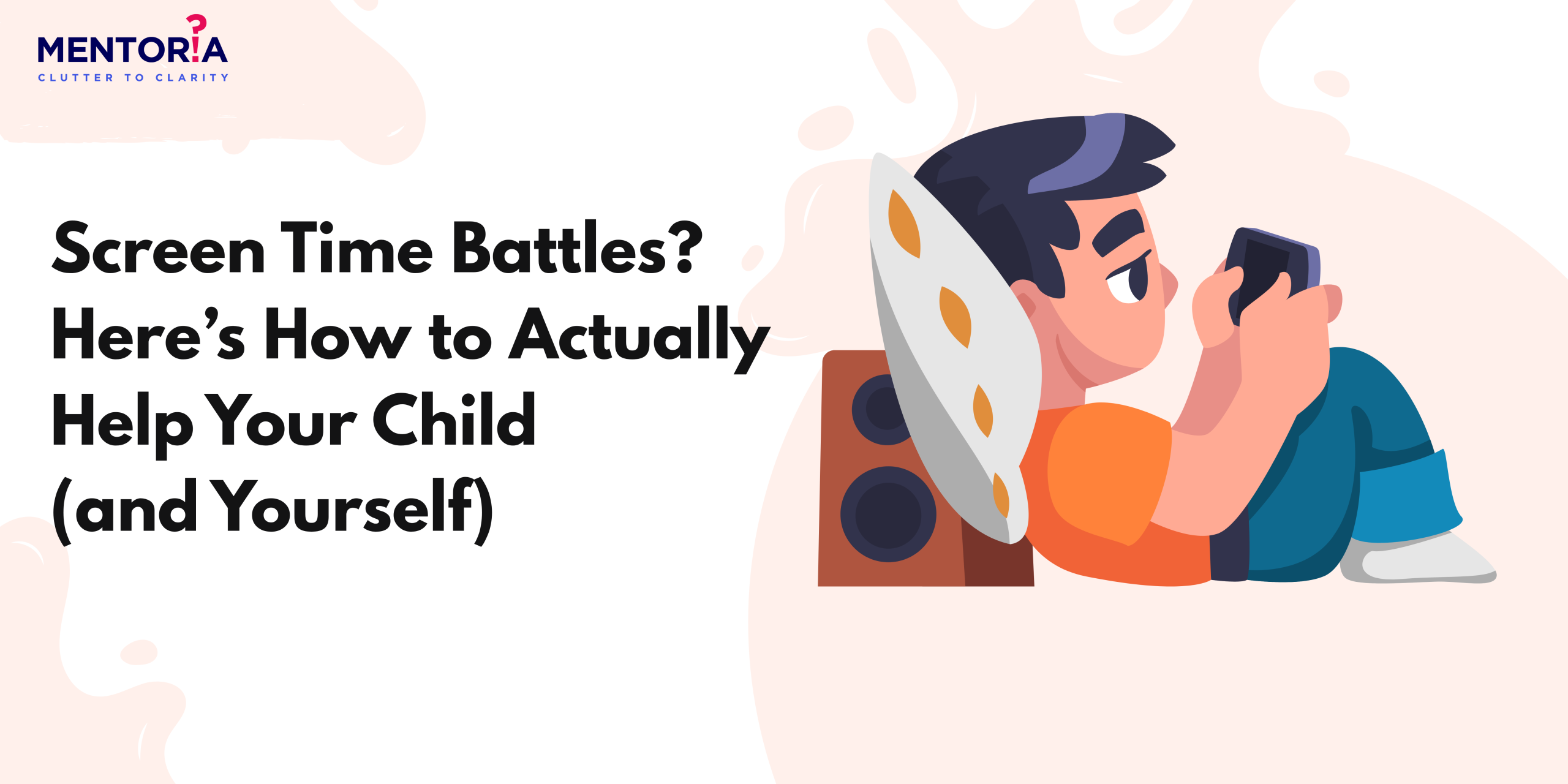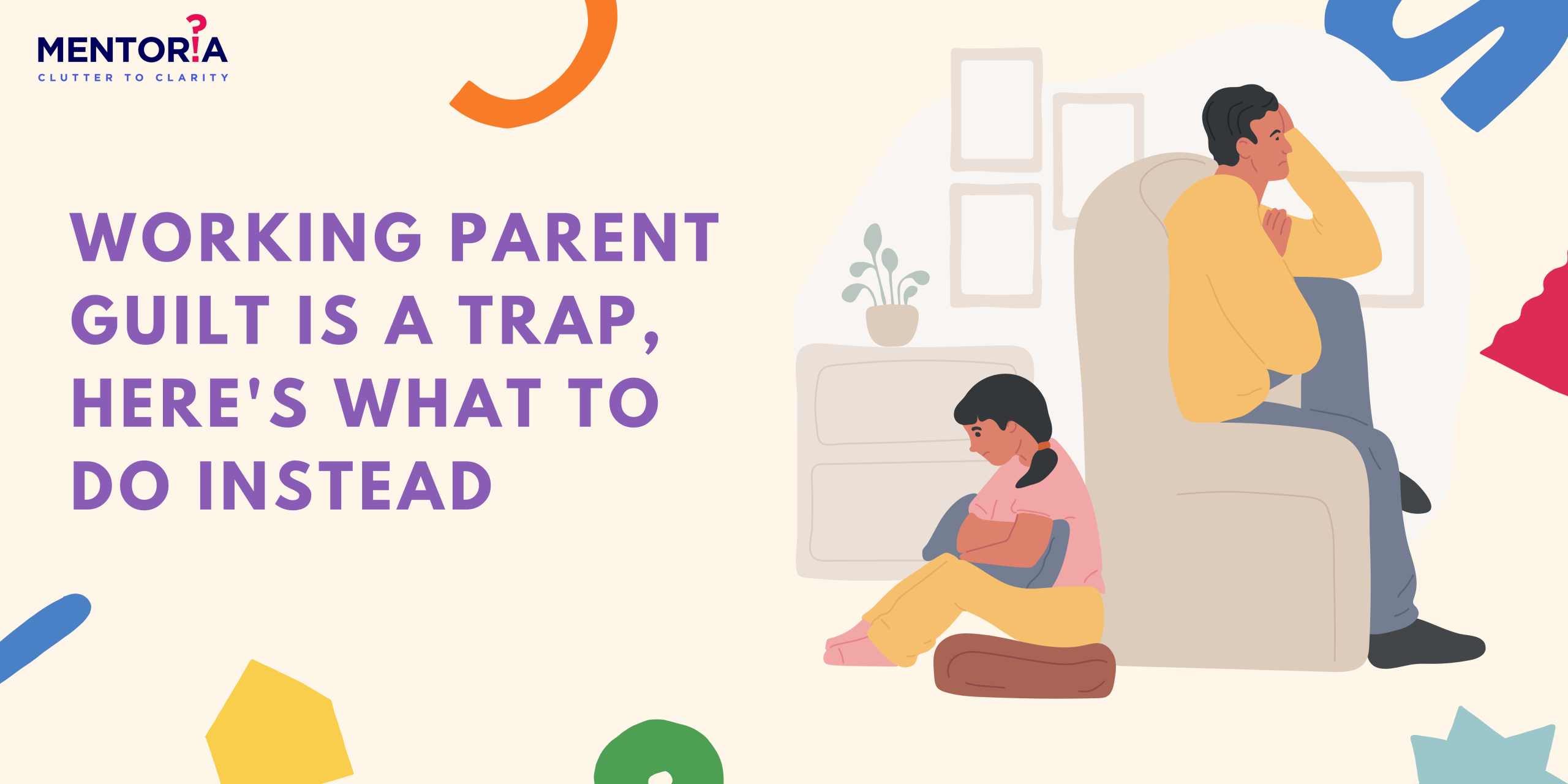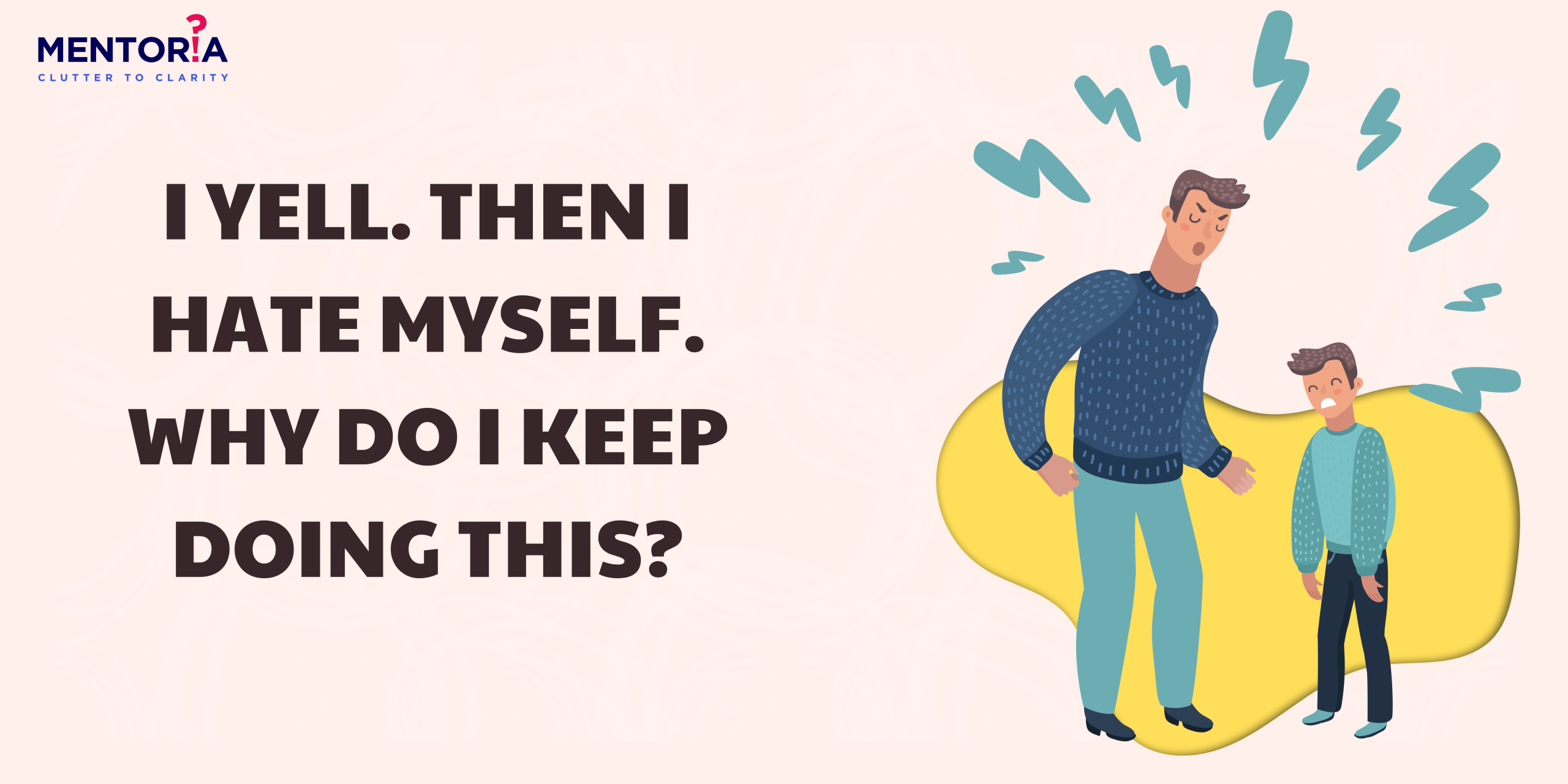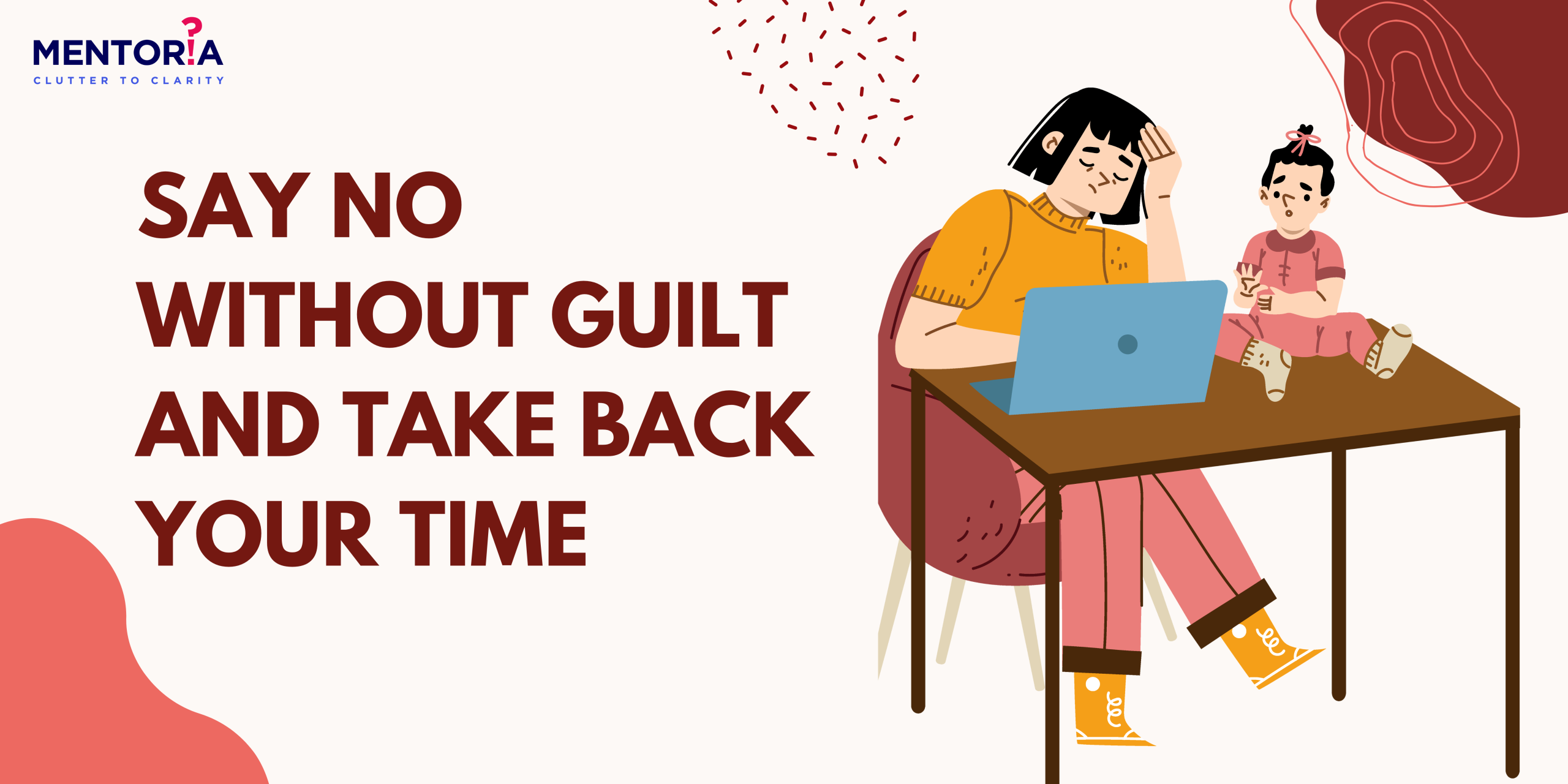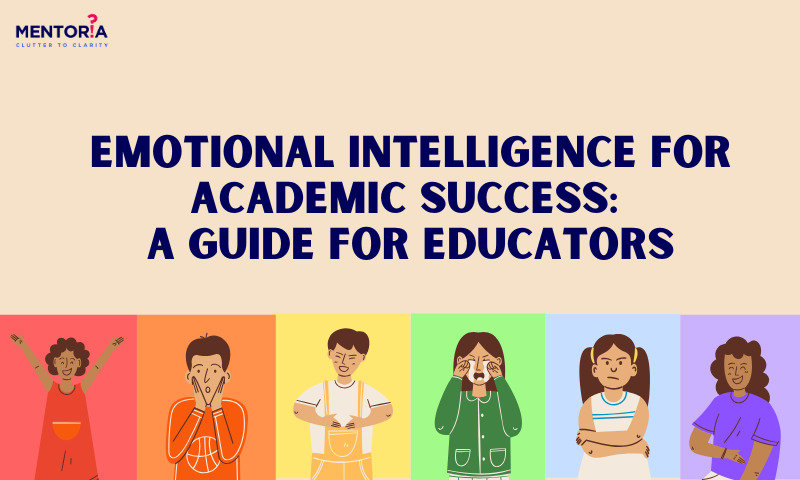Occupational Therapy’s Crucial Role in Nurturing Children with Special Needs
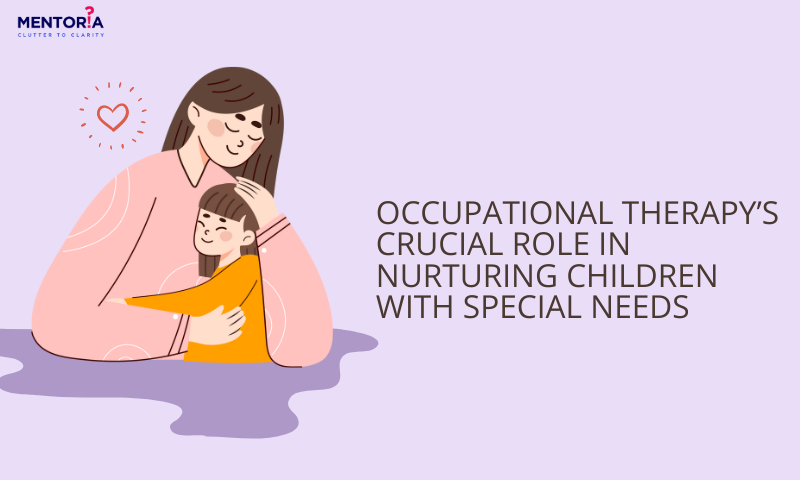
Jump to Section
Occupational therapy is a secret superhero in the field of healthcare. This extraordinary discipline is a hidden weapon in the lives of kids with exceptional needs. Occupational therapy, through a combination of targeted interventions, individualised tactics, and sympathetic care, plays a critical role in improving these children’s physical, mental, and emotional capacities. What is the ultimate goal? To ensure that they can thrive in daily chores, encourage independence, and eventually live a better life.
So, What is Occupational Therapy?
Occupational therapy is a specialised healthcare profession that addresses the specific needs of persons, particularly children, who are experiencing physical, cognitive, emotional, or sensory issues. Occupational therapists, the unsung heroes of this field, are trained to identify and alleviate these challenges, enabling children to achieve their full potential. The cool part is that occupational therapists work similarly to magicians. It all comes down to tailoring the therapy to each child’s particular needs.
Sensory Integration: Enhancing Sensory Processing
For our special needs champions in occupational therapy, sensory integration is the name of the game. These children occasionally have some issues with their sensory processing, which makes it difficult for them to interact with their environment in a healthy way. But guess who steps in to save the day? Therapists for the win!
They resemble sensory super heroes, these therapists. They assist young children in learning how to cope with all the sensory stimuli that life presents to them. It’s like instructing them in the art of sensual dance. They employ a variety of innovative sensory integration techniques—fun games and exercises—to help these children master their sensory reactions.
Enhancing Fine and Gross Motor Skills Through Motor Skill Development
But these therapists are also like motor skill trainers, so that’s not all. They improve the fine and large motor abilities that are essential for moving around and getting down in the world. Fine motor skills are all about the small, exact hand and finger movements, and gross motor skills are the huge, bold movements. These abilities are also important for daily tasks and even academics; they are not merely for enjoyment. So, to get these talents in top shape, therapists come up with a ton of entertaining activities.
Building Interactions and Emotional Regulation via Social and Emotional Skills
One of the various roles played by occupational therapy is assisting children with severe disabilities in overcoming emotional regulation and social interactions. It serves as a sort of hub for developing certain abilities. Therapists use their creativity when it comes to societal issues. They might also organise group events, discuss social stories, and incorporate role-playing games. All of this jazz teaches kids how to read those perplexing social signs, practice being social rock stars, and control their emotions.
Enhancing Independence with Adaptive and Assistive Technology
But these therapists are also digital experts, so that’s not all. They introduce kids to fun assistive technologies and adaptive tools. Consider accessible utensils, communication devices, and wheelchairs. These tools give young kids the ability to participate in daily activities and simultaneously have fun.
Mobility and Accessibility: One of the key areas where adaptive technology shines is in enhancing mobility and accessibility. Wheelchairs and mobility aids equipped with advanced features, such as joystick control systems, terrain-adaptive wheels, and integrated communication tools, enable those with mobility impairments to move more freely and independently. Additionally, devices like stairlifts, ramps, and automated doors make public spaces and homes more accessible, reducing barriers for those with mobility limitations.
Communication Augmentation: Assistive technology has revolutionised communication for individuals with speech and language impairments. Augmentative and alternative communication (AAC) devices, ranging from basic communication boards to sophisticated speech-generating devices, allow non-verbal individuals to express themselves and interact with others effectively. These tools provide a voice to those who would otherwise struggle to communicate their thoughts, needs, and emotions.
Learning and Education: Adaptive technology has transformed the educational landscape for children and adults with various learning disabilities, including dyslexia, ADHD, and autism. Text-to-speech software, speech-to-text applications, and interactive learning platforms cater to diverse learning styles, enabling students to access information, complete assignments, and engage in classroom activities more independently.
Play-Based Interventions: Creating Fun and Effective Therapy
In the treatment world, occupational therapists are akin to fun wizards. They are aware that making therapy enjoyable is essential if they want kids to be enthusiastic about it. So they pull out all these fun kid-friendly activities, including games and toys. And here’s the sneaky part: while the kids are having a blast, they are covertly working on treatment goals. It’s similar to learning via play, and that’s the secret to engaging youngsters and generating fantastic outcomes.
For children with exceptional needs, occupational therapy functions much like a superhero cape. By assisting these children in overcoming challenges and realising their full potential, these therapists act as the ideal sidekicks. They explore everything, including sensory issues, motor skills, social intelligence, and even independence. Their secret weapon is sensory integration. It aids in honing how these children react to everything around them. This translates into better focus, better conduct, and more fruitful encounters.
They then act as motor skill trainers, and address both gross and fine motor skills. Children that possess these qualities will be more independent and self-assured, and have access to activities that improve their self-esteem. There’s more, though! These therapists are like emotional wizards, assisting children in relating to others, managing their emotions, and creating deep connections. Oh, and don’t overlook modern electronics. To make life easier, they bring in all types of equipment, and It is comparable to in-game levelling up. These resources provide access to daily routines, enjoyable activities, and academic performance.
And what’s this? Therapy is entertainment, not a tedious chore. Through enjoyable activities, therapy objectives are snuck in. It keeps the students engaged, inspired, and eager to learn and develop. To put it simply, occupational therapy acts as a customised road map for assisting these kids in thriving and overcoming their particular difficulties.
Breaching Hurdles With Mentoria
Occupational therapy equips children with special needs with a toolkit of essential skills, effective strategies, and the confidence necessary to surmount challenges and flourish in their distinctive capabilities. The expertise and dedication of occupational therapists play a pivotal role in guiding these children on their journey towards realising their full potential. Ultimately, this guidance empowers them to lead fulfilling and meaningful lives within their communities, making a positive impact that extends far beyond the boundaries of therapy sessions. Mentoria can make decision making easier and much smoother, not only equipping them with the required skill sets and information, but also to make the whole process less stimulating and anxiety inducing.





